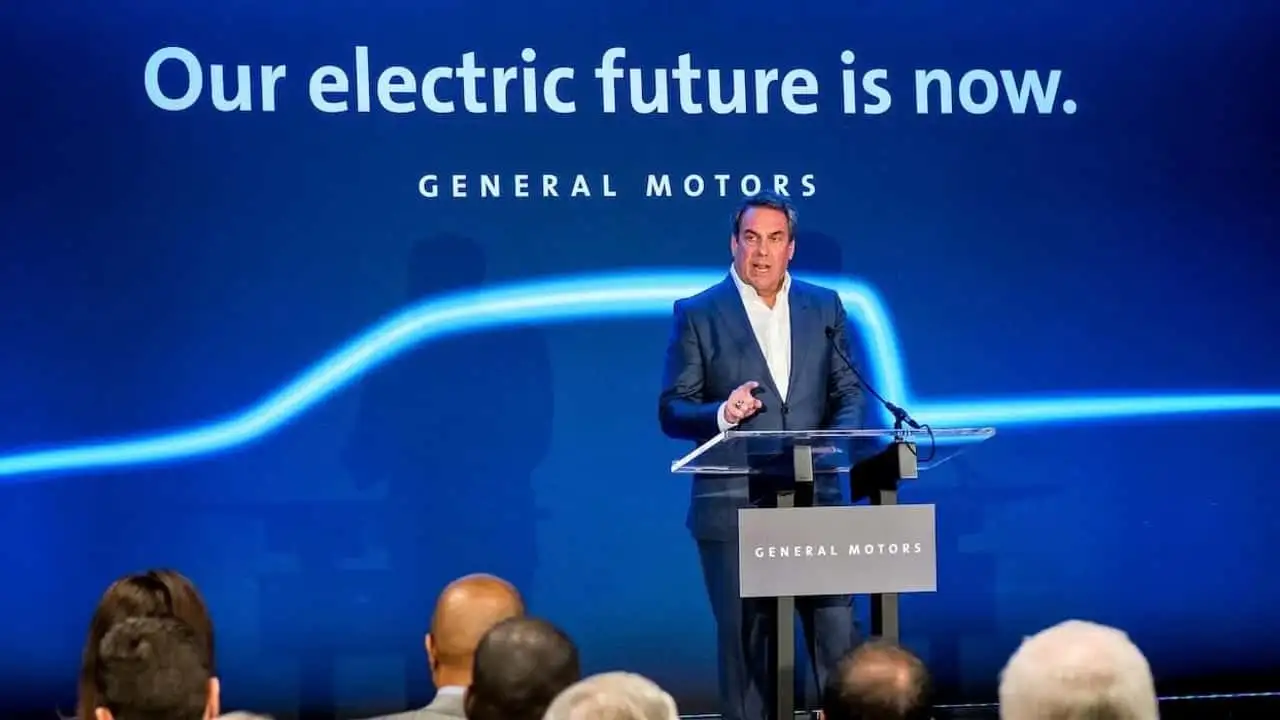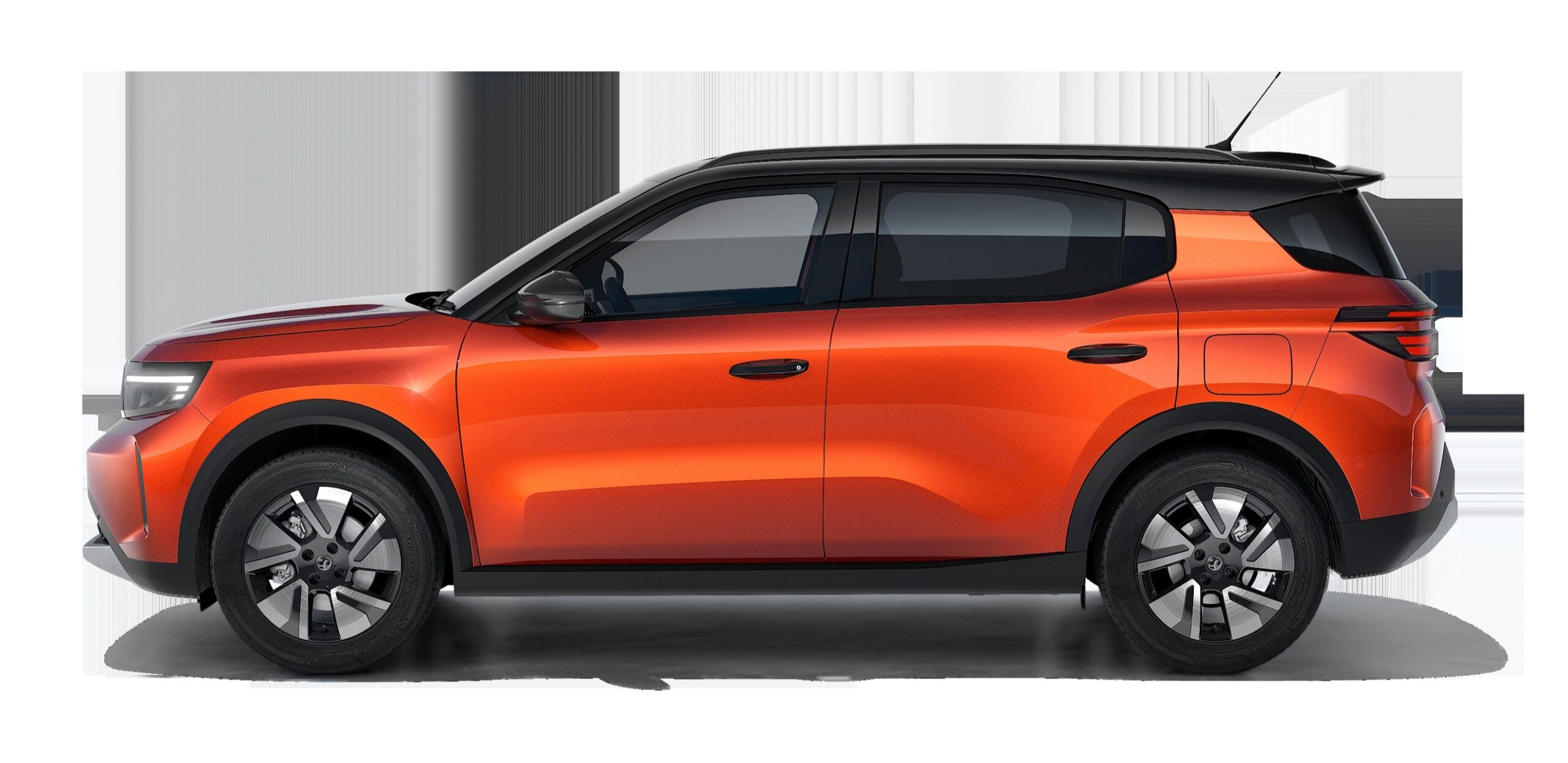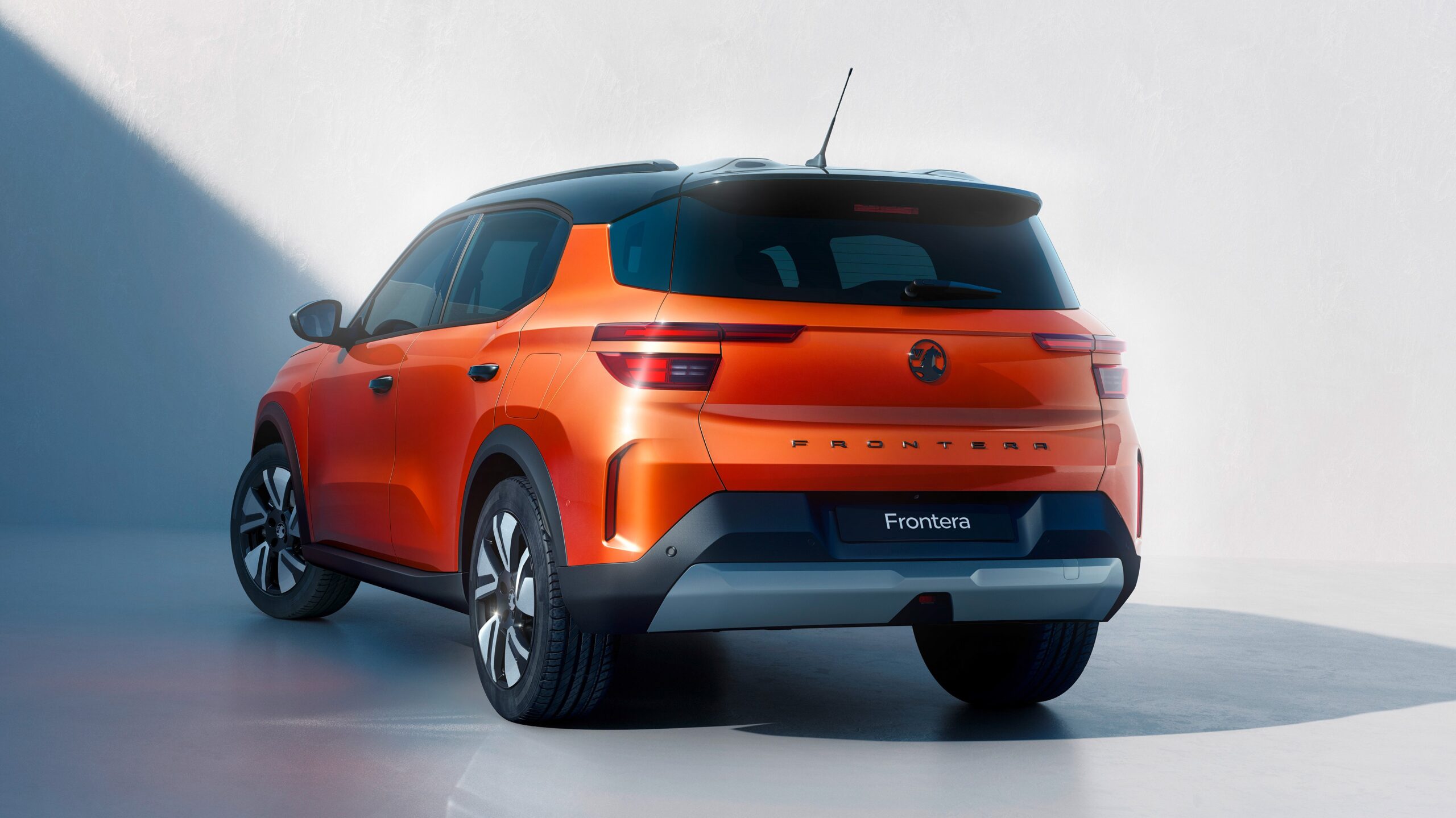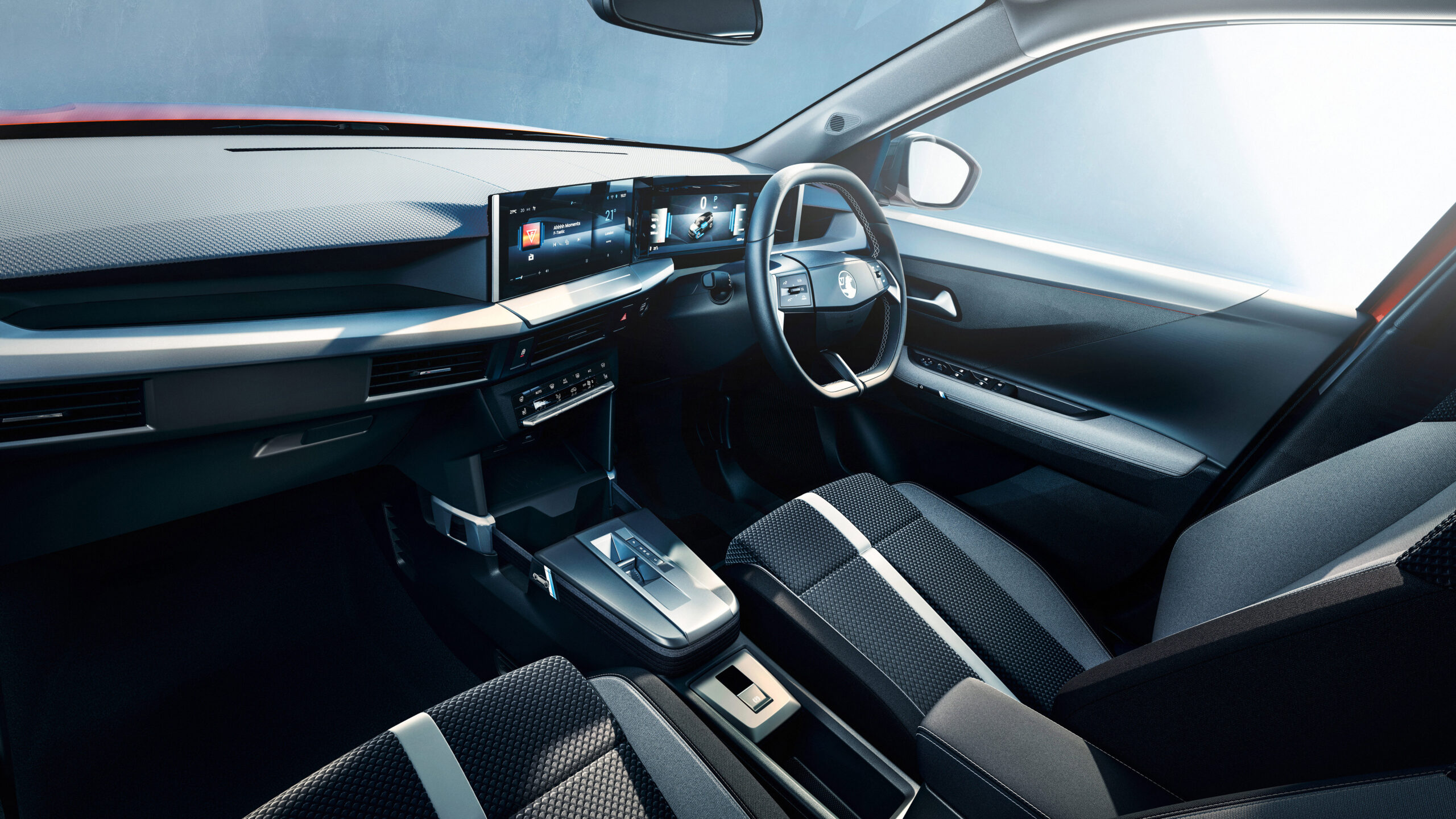GM President Mark Reuss weighs in on Biden’s tariffs on China, the Equinox EV, hybrids and more.
Even the executives at General Motors will admit that when it comes to the electric vehicle arms race, Chevrolet hasn’t really been in the game.
Its top-selling EV last year, the Chevrolet Bolt, carried the bulk of the entire company’s all-electric sales despite being largely unprofitable and discontinued in December. Meanwhile, more modern EVs on GM’s new Ultium platform faced quality issues, delays getting to market and repeated customer disappointments.
GM gets real with EVs in 2024
GM officials have said the bulk of the software and battery issues that plagued its EV lineup in 2023 are behind them. But now, it’s bringing new EVs to market at a time when sales aren’t as red-hot as they once were. Will new tariffs at least eliminate the immediate threat of Chinese EVs?
That’s all supposed to change soon as GM launches its first affordable modern EV, the Chevrolet Equinox EV, which offers up to 319 miles of range and should cost around $35,000 after tax credits. Then an even more affordable LT variant will debut later this year that should push the price tag into the high-$20,000 range after tax credits.
With demand for affordable EVs at its highest-ever level, GM expects the Equinox EV to be a hit. And at least for now, it won’t have to compete against the threat of a flood of cheaper competitors from China, thanks to the Biden Administration’s recently announced 100% tariffs on EVs from that country.
“We just want a level playing field,” GM President Mark Reuss told InsideEVs at the Equinox EV’s launch event near Detroit this week. He said the fear is that competitors from China could come into the U.S. market not to seek profits necessarily, but to kneecap the local market.
Gallery: 2024 Chevrolet Equinox EV
“There are strategies where folks will get into a price war and not make money, but try to price things out of markets,” Reuss said. “It’s not even [China’s] supply chain, it’s their pricing strategy. We just want a level playing field to be able to price and make a profit and deliver value to our customers.”
The Biden Administration’s new tariffs quadruple those already in effect on Chinese vehicles and are designed to assuage fears that the country’s rising automakers could arrive in the U.S. with vastly lower prices than car companies here are prepared to deal with. A similar situation is happening right now in Europe, where local stalwarts like Volkswagen are quickly losing ground to new competition from China. In response, the European Union is examining similar penalties against Chinese EVs.
At the same time, critics have said that without the threat of competition from China’s auto industry—which accelerated rapidly amid copious government subsidies and a laser focus on battery technology and software—automakers that operate in America could be given license to slow-walk the electric transition. Or worse, abandon it entirely.
GM too has been accused of walking back some of its promises on that front. The leadership of its luxury division Cadillac recently said the brand will make internal combustion cars past the previously stated end date of 2030. And at the launch of the Equinox EV this week, GM officials have stressed the need to “let customers make the choice” while it has “feet in both camps.” Indeed, recent social media posts have led at least some followers to question GM’s overall commitment to EVs.
Still, GM is moving ahead on several all-electric models this year, including the Equinox EV, Silverado EV and Cadillac Optiq. The automaker is also rolling out more home energy solutions, including battery storage and equipment that allows cars like the Silverado EV to power entire homes.
“We’re playing in the heart of the market,” Reuss said of the Equinox EV. “For me, it’s really, really important to get a vehicle at that price point into the hands of everybody, and it just hasn’t quite been done yet.”
Reuss declined to elaborate on whether he saw GM competing with an automaker like BYD in the immediate term. “We already do in China,” he said. “Here in Michigan, I don’t know. But we aren’t going to price our way out of business to win. What we are going to do is offer great vehicles, a brand experience and a customer experience that’s hard to match.”
With the ink on Biden’s tariff announcement barely dry, Reuss said he was unsure of the potential impact on who GM might partner with for less expensive lithium iron phosphate (LFP) batteries or on potential retaliatory tariffs from China itself. There, GM has a fine line to walk; though its market share in China has declined in recent years, the country remains an incredibly important source of sales and revenue.
Meanwhile, GM recently reversed course on a decision not to develop and sell hybrid cars, particularly after their surprise success in 2023 with buyers not ready to go fully electric. GM sells a number of plug-in hybrid models in China right now.
Reuss said similar technology could be deployed on U.S. market cars, but those cars won’t be imported from China.
“That’s our tech,” he said. “We know how to do it, and we’re going to do a few. I can’t tell you what yet, but [they] wouldn’t be imported.”




